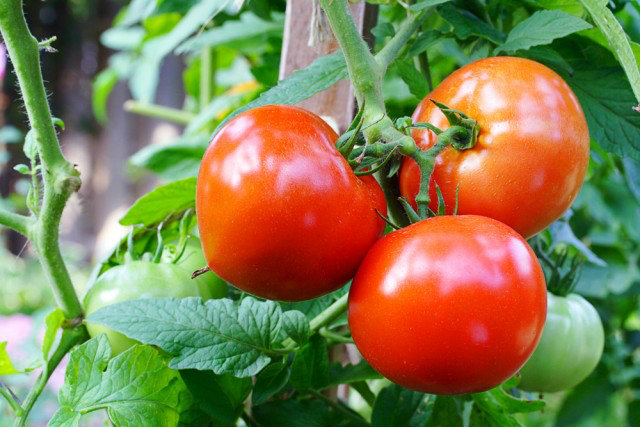Everyone is gung-ho about organic food in Bangalore. The city’s 68 organic stores are quite popular as more and more people are opting for organic food products like vegetables, fruits and grains.
So what’s the truth about organic food? Is it worth the hype?
Let us check out.
What is organic food?
Organic foods are foods that are produced without the addition of synthetic fertilizers, pesticides or other products with chemicals, in them. There is no usage of growth hormones and antibiotics when farming these agricultural products.
So grains, diary, meat, eggs and other organically grown fruits and vegetables are devoid of pesticides and preservatives which are commonly seen in non organic foods. Only safe and natural farming practices are used in organic farming.
The Benefits of Organic Food:
- Often food products that we buy like fruits tend to have a layer of pesticides in them. These remain even after we wash the fruits or vegetables in water. Peeling the fruits and vegetables results in loss of valuable nutrients. The pesticide levels weaken our immunity and are not safe for children and pregnant women as well. Organic food, as it is devoid of pesticides, is thus healthier.
- Organic food is fresh as they are devoid of additives, preservatives and chemical ripening methods. Less processed foods are always better, as they contain more vitamins, minerals and phytonutrients. The shelf life of organic food products is less, as they do not contain any preservatives, chemicals etc.
- As organic farming does not use chemical fertilizers, it does not pollute groundwater. As no pesticides are used it is also good for small birds, insects and animals who feed on the plants. Also soil fertility gets increased as natural fertilizers like manure, compost are used. Plus small and marginal farmers benefit as the land is used to its full potential, soil health is maintained and pests are controlled biologically
- Organic livestock is healthier, as they are not given growth hormones for their growth. Antibiotics are also avoided in organic farming. The diseases are generally avoided by clean environment and organic diet. Also in an organic farm the animals need to have access outdoors and should replicate the natural environment as much as possible. All these prevent the occurrence of diseases in these animals.
How to Recognize Organic Food Products?
In India you get vegetables, fruits, grains, tea, sugar, honey, milk and oils in organic form. Some of the brands that market organic food products are Pro Nature, Navdanya, Orgavita, Down to Earth etc.
Apart from this you can also find USDA (United States Department of Agriculture) organic certification mark, or the NPOP (National Programme for Organic Production) certification in organic food items. The certification signifies that the organic food products contain at least 95% organic ingredients.
There are around eleven certification bodies under NPOP program, like ECOCERT, INDOCERT etc which authorize organic certification. Check out the National Centre of Organic Farming (NCOF) website to understand the certification marks on organic labels in India.
For export of organic food, the food agency responsible in India is Agricultural Processed Foods Export Development Authority (APEDA)
Are Organic Foods Better and More Nutritious?
Though healthy practices make up organic farming, there is no extensive research carried on to prove that organic food is more nutritious than non organic food. Organic food contains slightly higher levels of vitamins and phytonutrients.
Organic foods are also expensive, as the farming is labor intensive. This happens because there is no usage of chemical fertilizers and pesticides in these farms. The organic certification and maintenance also tends to be costly. So ultimately the consumer has to pay 20% more than what he pays for non organic grown foods.
Also, thicker skin vegetables and fruits have low level of pesticides in them. So, conventionally grown vegetables and fruits, like cabbage, tomato, broccoli, peas, pineapple, mango, etc, do not contain very high level of pesticides in them. So you can buy them fresh locally, instead of opting for expensive organic food products.
The Bottom Line:
If you are concerned about pesticides and care for eco-friendly products then organic food products is definitely worth it. At a time when genetically modified foods are coming in to the market, it is much better to go for organic food.
But if you are looking at it from nutrition perspective, there is still no real evidence supporting that organic food products are much better than locally grown or conventionally grown foods. Foods such as apples, carrots, lettuce, strawberries, pears etc can be purchased organic, as they are known to contain high levels of pesticides, when grown non-organically.






